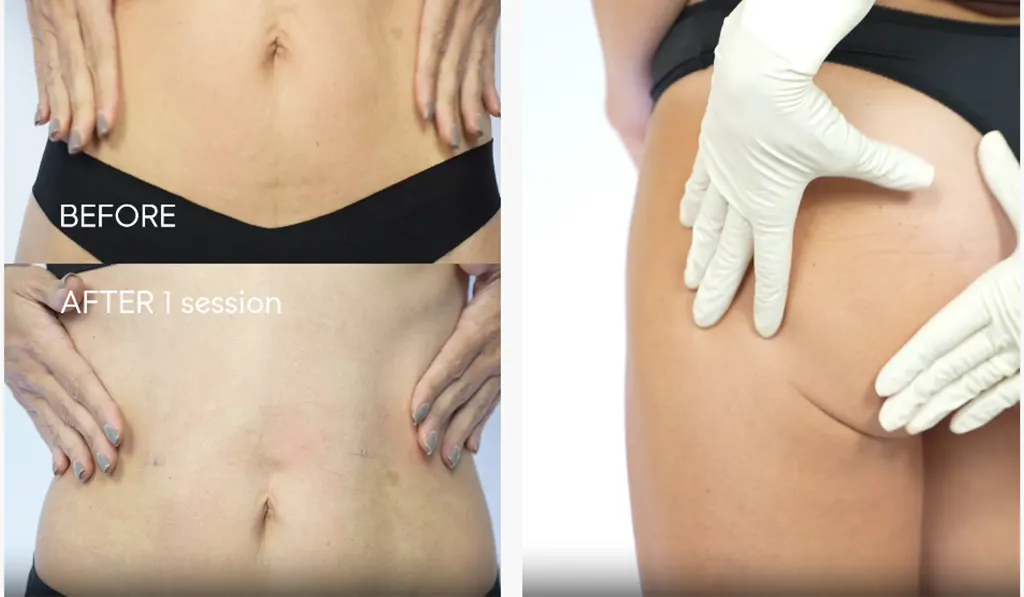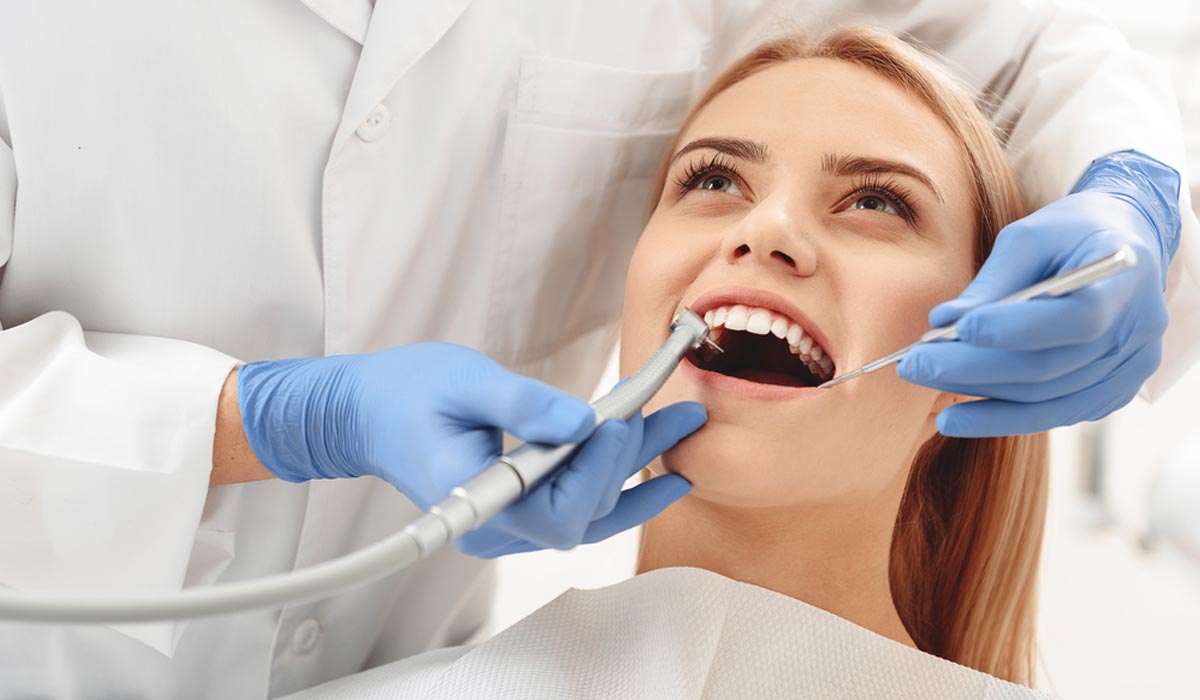Coronavirus and Cardiovascular Disease
Covid-19 is a disease with a wide range of symptoms, from asymptomatic infection to life-threatening sickness. The vast majority of those diagnosed with the novel coronavirus experience mild-to-moderate symptoms, which is comforting.
Despite the fact that the virus mostly targets the lungs, it also travels in the bloodstream, which implies it might easily infect and target other organs, such as the heart. Surface proteins, known as angiotensin-converting enzyme 2 (ACE2), cover both lung and heart cells. These proteins act as hallways for the virus to infiltrate into cells. However, these compounds also perform a defensive function.
When the body’s cells are attacked, either by coronavirus or by other sources, the body’s normal healing reaction releases a large number of inflammatory molecules into the blood. Surprisingly, though, too much inflammation can aggravate the situation. The ACE2 protein is an anti-inflammatory that prevents immune cells from causing further harm to the cells. When the virus binds to ACE2 proteins, however, it causes direct cellular damage and prevents the body to defend tissues from inflammatory impairment.
The heart could be harmed indirectly by the novel coronavirus. The body’s immune system behaves erratically in this situation. The heart cannot perform if the virus inflames and damages the cardiac muscle.
Covid-19 and heart problems
In the human body, the lung and the heart work jointly to keep the body’s oxygen levels up. When a respiratory infection such as the new coronavirus (Covid-19) affects the lungs, it might harm the heart as well. Pumping blood requires a lot of effort from the heart, which becomes harder for people with heart disease.
If you have a heart condition, you need to be extremely wary of Covid-19. Maintain a high immunity level, practice social distancing, and follow other methods to avoid contracting the virus. People with undetected heart disease may emerge with previously unnoticed cardiac symptoms if infected by the virus.
Fever and inflammation boost metabolic demands on several organs, including the heart, and speed up the heart rate. If the lungs are diseased and unable to exchange oxygen and carbon dioxide properly, the pressure is amplified. This faulty gas exchange could further reduce oxygen delivery to the heart muscle, potentially leading to a heart attack. This condition is known as viral myocarditis.
Some cardiac patients may be at a greater risk of getting infected, and if they do, they may be more susceptible to consequences. Furthermore, the virus has the potential to damage cardiac muscle or blood vessels, leading to serious complications.
Elderly individuals may have lower immune systems, making them more vulnerable to infection. They must exercise extreme caution and consult our doctors if they experience any unusual symptoms. Heart issues in adolescents can be addressed early on, minimizing the risk of heart problems in the long run.
Complications with Covid-19 infection
Individuals above 65 years who have coronary heart disease or high blood pressure (which is more common in men) are at a higher risk of severe consequences. These individuals, as well as those with underlying health issues that increase their likelihood of complications, must take particular steps to stay safe from coronavirus. The virus has the potential to harm the heart and reduce blood supply to the brain and heart in patients.
If you have a pre-existing cardiovascular disease or its medical conditions, like type 2 diabetes or hypertension, you’re more likely to develop serious complications if you are infected with the virus. Furthermore, the infection might exacerbate or trigger an underlying cardiovascular disease.
The drugs used to treat the coronavirus disease may make a person more vulnerable. Antivirals and anti-inflammatories have a variety of effects on the heart muscle and immune system and might lead to deadly cardiac patterns in the near future or impede heart recuperation in the long run.

Symptoms of Covid-19 in heart patients
It’s crucial to realize that some lung complaints are identical to those of heart disease. Few symptoms you may experience include:
- Shortness of breath.
- Chest discomfort.
- Weakness, light-headedness, or faintness.
- Discomfort in arms.
- Pain in the neck or back.
- Loss of taste and smell.
If you experience any of the symptoms mentioned above, you must consult our doctors. These symptoms may signal a significant heart condition that needs medical assistance.
Safeguard yourself from the virus
While living in the midst of a pandemic is distressing, this isn’t the time to neglect heart-healthy behaviors. Being at home may allow you to take extra care of your well-being. Some of the precautionary measures include:
- Wear a mask while stepping out.
- Maintain social distance.
- Wash your hands frequently, especially after shaking hands, sneezing, coughing, or using the restroom.
- Consume nutritious foods.
- Control your anxiety.
- Quit smoking, as smokers may have a diminished lung capacity, putting them at a greater risk.
- Stock up on your regular prescription medications.
When to see a doctor?
Staying indoors is a vital aspect of preventing the spread of the coronavirus, but it does not pertain to individuals who are enduring health crises. Strokes and heart attacks are emergency cases that must be dealt with as soon as symptoms appear.
The speed with which a heart attack or stroke is treated has a major impact on the results. Immediately consult our doctors if you experience symptoms of either illness.
Our cardiologists may perform a blood test for troponin (a protein that is released into the bloodstream when cardiac cells are damaged), or may also recommend a PULS Cardiac Test to detect cardiac dysfunction. It is vital to know the cause of heart problems to provide you with the best treatment option.
Why choose 7DMC?
We seek to deliver a reliable, nurturing world of health, responding to patients’ real-time medical demands in a cost-effective manner, with its extensive medical services, professional staff, and innovative medical technology. We provide a complete range of cardio-medical services to patients of all ages. Our patients receive high-quality care from our devoted team of highly educated, seasoned, and competent cardiology professionals.
Before recommending the best treatment option, we perform numerous diagnostic tests that are thorough and quality-driven. Our distinguished team of forward-thinking physicians uses cutting-edge technology to examine every patient with care.
Conclusion
The most feared consequences of Covid-19 are lung damage and acute respiratory distress syndrome. However, heart damage has now appeared as just another dreadful consequence in the virus’s long list of potential risks.
Regardless of the fact that a large percentage of Covid patients already had underlying heart health conditions, many otherwise healthy people have acquired heart complications, including blood clots, strokes, blood vessel damage, and heart attacks.
Protect yourself by following public health precautions such as wearing a mask, social distancing, and washing your hands frequently and thoroughly. Likewise, consume a nutritious diet and engage in regular physical activity to maintain your brain and heart health. Contact us if you have any concerns or experience any unusual symptoms.
References
https://www.livescience.com/how-coronavirus-affects-heart.html
https://www.healthline.com/health-news/how-covid-19-triggers-heart-conditions
https://www.healthline.com/health-news/how-covid-19-may-damage-your-heart#Not-just-COVID-19-but-also-other-viruses
















